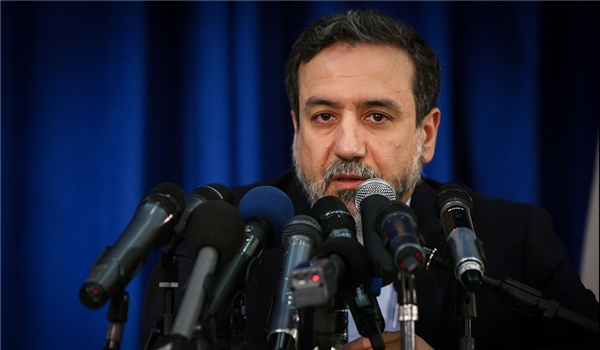May 13, 2016

Iran’s deputy foreign minister says the nuclear deal came about only because Iran’s military might forced Washington and its allies to make concessions to Iran.
“American enmity is endless and still continues against the Iranian government and people,” Abbas Araqchi said, addressing the Alborz province administrative council in Karaj Saturday.
Araqchi underscored the strong impact of Iran’s defense and missile power on the other parties in the nuclear talks, and said, “Had we not enjoyed military and defensive power, we wouldn’t have been able to attain our current achievements and no country would have made concessions….
“We could force our enemies to make concessions in the negotiations when they realized they could not resort to the military option, given our missile power,” he said.
Earlier, the Deputy Chief of Staff of the Iranian Armed Forces, Major General Moham-mad Baqeri, said six highly likely military attacks on Iran had been stopped in the last two decades due to the country’s deterrent power, including its missile force.
“After the end of the sacred defense [the Iran-Iraq War of 1980-1988], we came under the threat of military aggression six times,” Baqeri said without naming the six occasions.
But he asserted that American officials—none named—had admitted to planning attacks and acknowledged all their war plans failed due to the opposition of “the political class [in the US], on the one hand, and our missile, naval and defensive deterrence, on the other hand.”
General Baqeri said the threat of military attack against Iran has faded today, but the country’s enemies are still hoping for an opportunity to implement “their ominous plots” if Iran slips into a weak defensive position.
